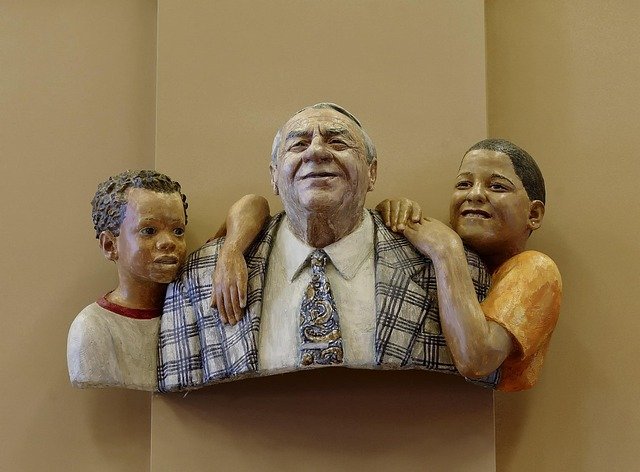Choosing Baby Names: Traditions, Generations, and Cultural Diversity
Choosing a baby name is a meaningful first decision many parents and families make. A name can reflect family history, signal generational shifts, honor cultural or religious traditions, or simply be chosen because it resonates on a personal level. This article outlines practical considerations for selecting names, how names change across generations, the role of traditional and cultural influences, and ways to embrace diversity while keeping pronunciation, spelling, and future implications in mind.

How to pick a name that fits
Picking a name starts with practical checks as well as personal preference. Consider pronunciation, spelling, and how initials or nicknames might change the name in daily life. Think about longevity: a name that suits a baby should also suit an adult. Check for unintended meanings or associations in languages you or your child may encounter. It’s useful to test the name aloud with the family surname and imagine it in formal contexts like job applications. Balance uniqueness with simplicity if you want a distinct name that’s easy to use.
How names shift across generations
Names often follow generational patterns: grandparents’ names, vintage revivals, and contemporary inventions each cycle in and out of favor. Family naming traditions such as passing down a given name or middle name can strengthen generational bonds, but they can also create confusion if multiple relatives share identical names. Observe trends in your family line—do certain names recur every few generations? Considering generational impact can help families decide whether to honor ancestry directly or to adapt an older name to a modern variant.
What traditional naming practices mean
Traditional naming practices vary widely by culture and community. In some places, children receive names tied to saints, ancestral lineage, clan structures, or birth order. Others use names based on nature, virtues, or significant life events. Understanding the origin and traditional significance of a name can give it deeper meaning and help avoid cultural missteps. If you choose a traditional name from a culture not your own, learn the correct pronunciation and the context behind its use to show respect for that tradition.
How cultural influences shape choices
Cultural diversity and mobility have broadened naming options. Migration, media, and intercultural families lead to combinations of naming conventions: given names from one culture with surnames from another, or names adapted phonetically to fit local usage. Popular culture — books, film, and public figures — also influences naming patterns, as do legal frameworks in some countries that regulate name forms. When selecting a culturally influenced name, check how it’s perceived in the regions where the child will live or study and consider whether spelling or pronunciation will cause recurring adjustments.
Embracing diversity in naming decisions
Embracing diversity means balancing cultural heritage with practical considerations. Multicultural families often create blended names or use middle names to honor different backgrounds. Encourage open family discussions about what each name choice represents and how it supports a child’s identity. Consider inclusive strategies like choosing names that are easier to pronounce across languages, or maintaining ancestral names as middle names to preserve ties. Respect for pronunciation and the story behind a name helps children feel connected to their diversity rather than burdened by it.
Choosing a baby name also involves logistical checks: verifying local naming laws, thinking about social and professional implications, and testing the name in everyday scenarios. For families wishing to preserve tradition while acknowledging generational changes, consider keeping a family name as a middle name or using a traditional name in a modern form. Keep records of why names were chosen so future generations understand the cultural and familial significance. Thoughtful naming combines respect for tradition, awareness of generational patterns, and a commitment to cultural diversity to create a name that serves a child throughout life.




